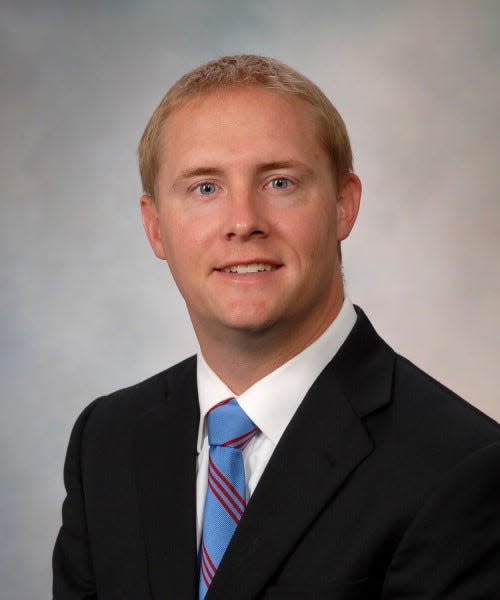Drs. Darby Miller, Michael Stewart: What all Floridians should know about cataracts
Healthy eyes allow us to clearly see the faces of friends and family because they contain lenses that bend or refract light to sharply focus it on the retina. With advancing age, however, our lenses become cloudy and images appear blurred or hazy. This clouding of the lens is called a cataract.
June was Cataract Awareness Month, designated in 2013 by Prevent Blindness America. Organizations like the Florida Society of Ophthalmology (FSO) and the American Academy of Ophthalmology (AAO) used the opportunity to teach Floridians about the symptoms and causes of cataracts so that care with an ophthalmologist can be sought when needed.
Cataracts are the leading cause of blindness throughout the world, and in the United States alone over 25 million people are affected. Not surprisingly, Florida with its large senior population has one of the highest cataract rates in the country.
Age is the main cause of cataracts, because lens proteins break down after the age of 40 and cause the lens to become cloudy. Other causes of cataracts include family history, diabetes, smoking, eye injuries, UV rays and medications, such as corticosteroids. Most cataracts develop slowly over many years, whereas only a small minority progress quickly over the course of months.
The most common symptoms of cataracts are blurred vision and glare. Other symptoms include sensitivity to light, trouble seeing at night, double vision and seeing faded or bleached-out colors.


Cataracts are a common cause of vision loss in the U.S. but they don’t have to be. When cataracts are first diagnosed, getting new glasses or contact lenses is usually a good first step.
As the cataracts progress and the vision worsens, surgery may be indicated. Cataract surgery, performed by an ophthalmologist (a medical doctor with years of training and experience in performing eye surgery), involves removing the cloudy lens and replacing it with a clear, artificial intraocular lens. Cataract removal is a highly successful procedure with high satisfaction rates and few complications.
The key to good eye health includes adequate eye protection at every age. Wearing sunglasses minimizes the risk of cataract development and wearing protective eyewear at work, home and play can prevent ocular injuries. Comprehensive eye exams that look for cataracts and other diseases such as glaucoma and macular degeneration are an important part of staying healthy and ensuring long-lasting vision.
The AAO and FSO recommend that adults aged 65 and over receive eye exams every one to two years. To learn more, visit MDEye.org.
Darby D. Miller, MD, MPH is the past-president and legislative co-chair of the Florida Society of Ophthalmology, as well as a cornea, cataract and refractive surgeon at Mayo Clinic in Jacksonville. Michael W. Stewart, MD is a professor in the Mayo Clinic College of Medicine and chair of the Department of Ophthalmology at the Mayo Clinic in Jacksonville.
This guest column is the opinion of the author and does not necessarily represent the views of the Times-Union. We welcome a diversity of opinions.
This article originally appeared on Florida Times-Union: Guest column: What all Floridians should know about cataracts

